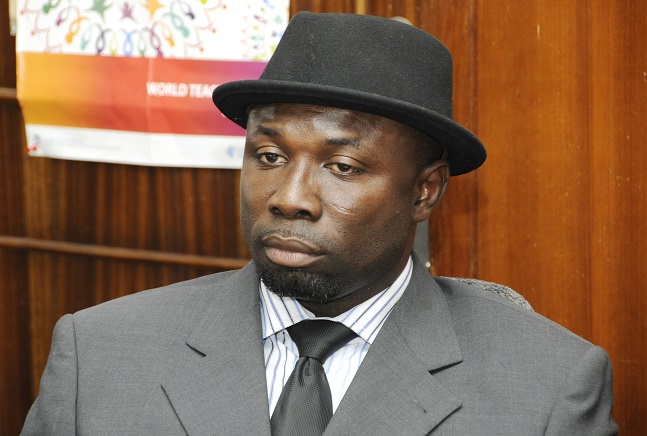
NAGRAT decries govt’s poor education financing
The National Association of Graduate Teachers (NAGRAT) has deplored the government’s attitude towards educational financing in the country, warning that if all outstanding financial issues are not addressed by the end of October this year, the association will advise itself.
The issues relate to the payment of outstanding subventions to educational offices, the payment of all salary and allowance arrears owed teachers, as well as the conduct of promotional interviews and the promotion of teachers.
Signatory
The President of NAGRAT, Mr Christian Addai-Poku, who said this at a press conference in Accra yesterday, noted that over the years the country had been quick to append its signature to international declarations and accords relating to education, including the Free Compulsory Universal Basic Education (FCUBE) policy, Education For All (EFA) and the Sustainable Development Goals (SDGs).
“Various indicators, such as enrolment ratio, pupil/teacher ratio, school dropout rate, gender parity ratio and the number of schools built, are brandished around in support of the claim that the government is performing well in the field of education. Much as some of these assertions may be true, NAGRAT is worried about the failure of the government to release funds for the running of educational facilities in the country,” he said.
Advertisement
He said over the past four years, “we have seen government busy itself putting up a lot of school buildings at various places, some of which we have serious issues with but will leave them for another forum. We have also seen the procurement of vehicles for some senior high schools, the distribution of which we have issues too”.
Funds
Unfortunately, Mr Addai-Poku said, the government had failed woefully in providing funds for the running of the facilities, both old and new.
“Of what use are these facilities if you can provide them but cannot provide the funds needed for administering them?” he asked.
He said already the amount of money that the government allocated for various purposes in educational institutions and directorates was ridiculous and somewhat irritating, to say the least.
“It is worthy of note to state once again that over the years, the government had prided itself of spending between 23 and 30 per cent of the national budget on education. However, our schools and district offices remain in sorry states. We have enough reasons to believe that either the allocation to education is not enough or the allotted funds are not fully used for the running of education in the country,” he said.
According to him, it was a known fact that the level of funding of education through government subventions had been woeful, and that what was more worrying was the situation where the government continued to arrogate to itself the responsibility for funding but failed to make the funds available for the running of educational directorates and institutions across the length and breadth of the country.
GES Headquarters
Mr Addai-Poku said from the Ghana Education Service (GES) Headquarters through to the regional and district directorates to the schools, the payment of government subventions for administration had been in arrears over many years.
“Our investigations reveal that district directorates of education have not received government subventions since 2012,” he added.
He noted that quality teachers, tools and environment were the three pillars of quality education but all required adequate funding.
When government subventions to the various directorates were not paid, he said, it impacted negatively on all spheres of educational activity.
“How are the directors expected to function? We are about to begin another academic year and transfer of staff will take place.
“How will transfer grants and transport allowances be paid? How will stationery be procured? It is a known fact that the directors of education literally go begging for stationery and fuel from the heads of senior high schools,” he lamented.
